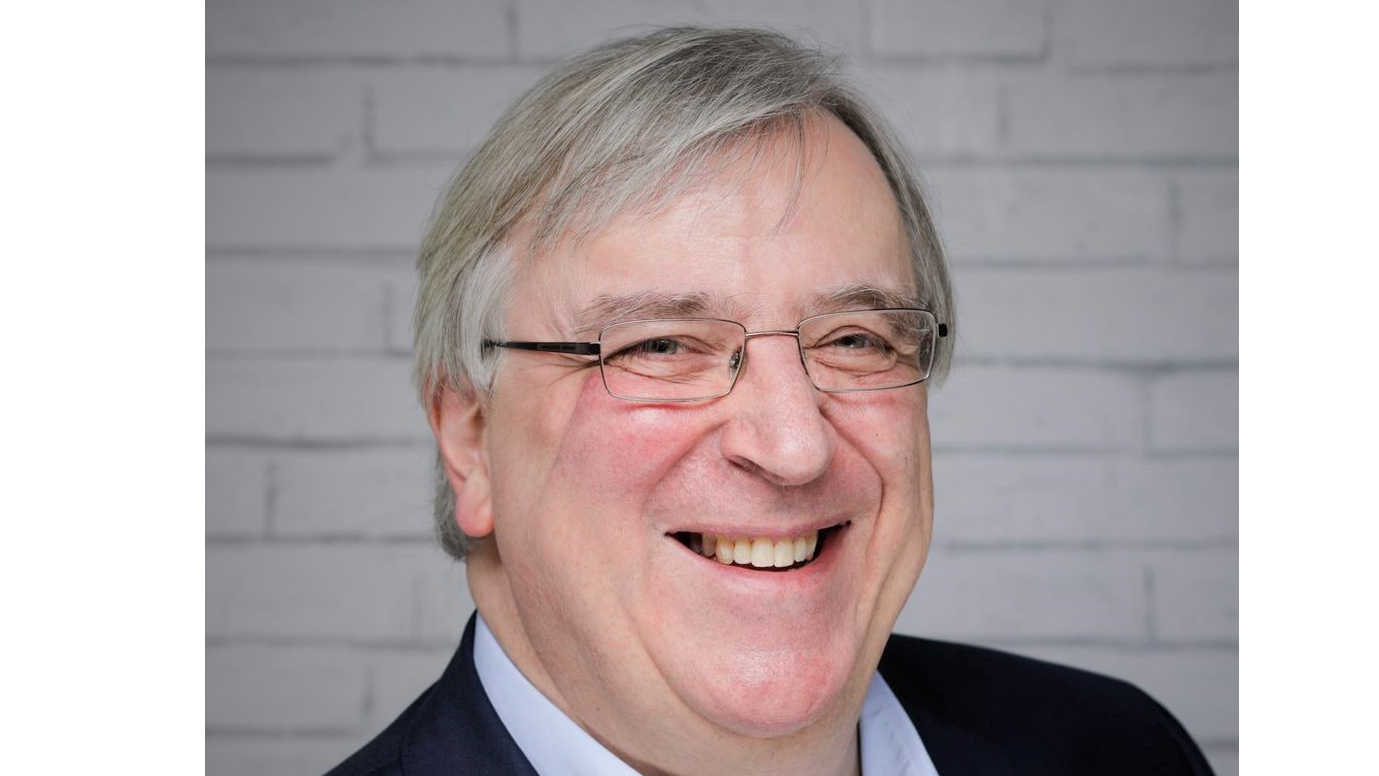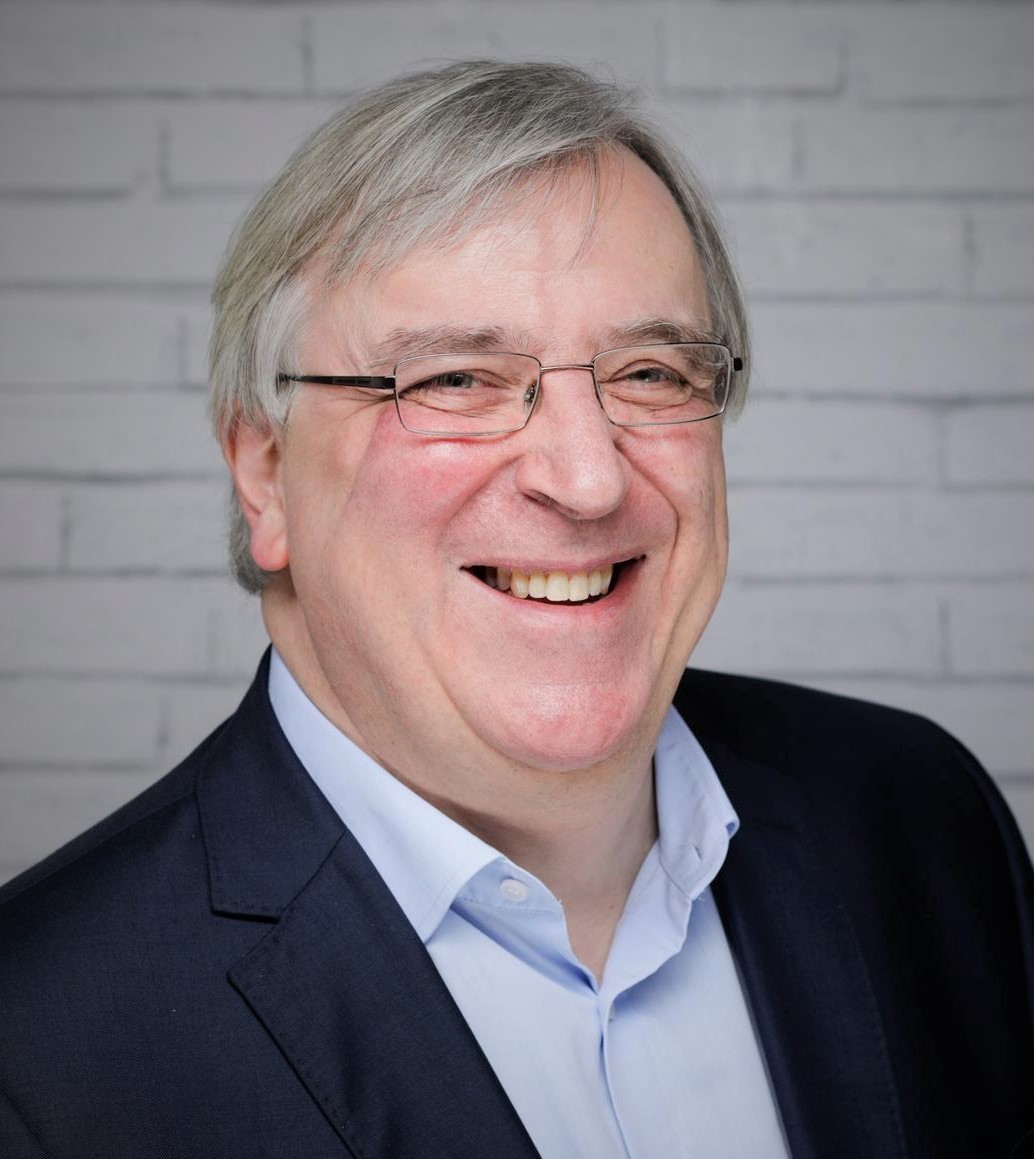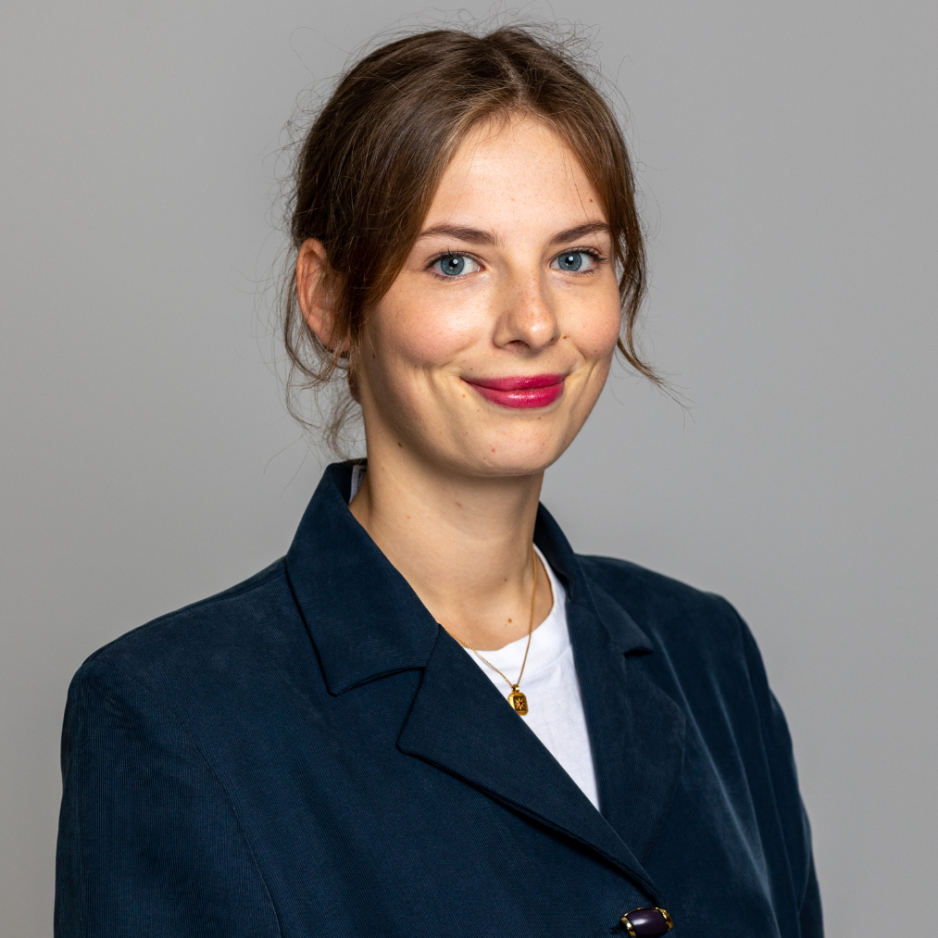Mr Schlothauer, personalised medicine is a buzzword, but what exactly does it mean?

"For me, there are two perspectives: drug therapy as we know it is geared towards the average person. However, the average person does not exist, rather patients are men or women, overweight or underweight and much more. But hardly anyone is interested in that after a drug has been approved. If, in future, we continuously collect diagnostic data on the course of therapy digitally and evaluate it statistically, we will come across new interactions, for example. Accordingly, especially in multimorbid patients, we will be able to optimise the dose for several necessary medicines or even reduce their number. This could affect the elderly among us, for example. It is not uncommon for them to take metformin hydrochloride for diabetes II, dutasteride and tamsulosin hydrochloride for benign prostatic hyperplasia, acetylsalicylic acid for mild arteriosclerosis, amlodipine besilate for blood pressure, simvastatin to lower cholesterol and levothyroxine for mild hypothyroidism.
However, the more important approach targets genes and their function. Cancer cells, for example, are different in every patient. In the near future, the mRNA technology established against Covid will make it possible to tailor therapies to the characteristics of each specific tumour. To do this, tumour cells are taken from the patient and examined with the help of gene sequencing. Once the cancer cells have been decoded, a patient-specific vaccine is produced. This has the task of enabling the immune system to recognise and fight the tumour. In the process, the "foreign" structure that the immune system is supposed to recognise is no longer produced in the laboratory, but by the patient's body itself. The inoculated mRNA is the blueprint. This strategy leads to a batch size 1 drug: specially made for this patient against his tumour."
Where is such personalised medicine already used in our everyday lives today?
"Individualised mRNA therapies are still in development. But already today, cancer therapies are mostly tailored to the individual patient. They are not applied to all patients on a scattergun basis, but only if the tumour has the corresponding genetic target structure. Another reality is the so-called CAR-T cell therapy. Here, cells are specifically programmed; they can then recognise and destroy cancer cells. In practice, certain defence cells, so-called T cells, are taken from the blood of the patient concerned and multiplied using cytokines. They are then genetically modified via biotechnological processes and form antigen-specific receptors on their surface. These in turn are directed against tumour-specific surface proteins. Finally, the active substances obtained in this way are administered to the patient by infusion. Hospital pharmacies or, in certain countries such as Holland, so-called compounding centres already produce such individual medicines. However, they are expensive: such a therapy is in the range of 300,000 euros."
What is your vision for personalised medicine in the future? What can we already look forward to today?
"I am convinced that we will be able to treat the most important types of cancer with the existing scientific approaches in the foreseeable future - while I am still alive. I am convinced that with the existing scientific approaches we will be able to treat the most important types of cancer in the foreseeable future - during my lifetime.´However, we will not be able to achieve a complete cure in every case, but sometimes only a prolongation of life by six to nine months. We are also getting into an ethical discussion and have to find a way to carry out such a therapy at a reasonable cost. But I am also convinced that this will succeed."
What does this mean for the way medicines will be produced in the future?
"If the diagnosis determines the therapy 1:1, this leads to the aforementioned batch size 1. There will continue to be pharmaceutical productions with large batches - for example for metformin. However, personalised medicine leads to decentralised, regional production in table-top biotech factories with single-use equipment. Pumps, controls and electronics work very similarly for a wide variety of medicines. In principle, a pharmacy can take over such production. Tablets could be printed, capsules filled with micropellets containing active ingredients. However, the largest part will be parenterally administered, i.e. liquid, drugs, especially for oncology or HIV therapy.”
How must the cleanroom technology be designed for this?
"The trend is towards the "gloveless isolator". For personalised medicine, you need cleanroom class A inside the isolator and class C outside in the environment."
What should a visitor to Cleanzone who is interested in personalised medicine and its manufacture in the cleanroom look at particularly closely?
“It will be exciting to get a sense of the future direction of the overall personalised medicine market. It could be, given the amount of data in this area, that companies like Google and Amazon will want to get in on the action. At Cleanzone, visitors can find suitable partners for their own businesses. However, the vaccine manufacturers that became known in the course of Corona already have the promising mRNA strategies for gene and cell therapy. PCR tests can already be analysed in minutes. And at Cleanzone we find well-known machine manufacturers and cleanroom specialists who offer, for example, suitable isolators and the necessary single-use equipment. In some cases, they are already entering into cooperative ventures, thus preparing the way for the production of patient-specific medicines today.”
Morten Schlothauer's lecture "Personalised Medicine - Opportunities and Challenges" will take place at the Cleanzone Conference on 24 November 2022 from 10:00 - 10:20.
Cleanzone
International trade fair and congress for contamination control and cleanroom technology
Cleanzone will be held on 23 + 24 November 2022 in Frankfurt am Main.
Further information on the Cleanzone Conference: www.cleanzone.messefrankfurt.com/conference
Further information on the top themes at Cleanzone: www.cleanzone.messefrankfurt.com/top-themes
Further information on Cleanzone:
www.cleanzone.messefrankfurt.com
Follow us!
www.cleanzone.messefrankfurt.com/facebook
www.cleanzone.messefrankfurt.com/twitter
www.cleanzone.messefrankfurt.com/linkedin
Background information on Messe Frankfurt
The Messe Frankfurt Group is one of the world’s leading trade fair, congress and event organisers with their own exhibition grounds. With a workforce of 2,200 people at its headquarters in Frankfurt am Main and in 28 subsidiaries, it organises events around the world. As in the previous year, annual sales for 2021 were significantly lower owing to the COVID-19 pandemic: approximately €154 million compared with Group sales as high as €736 million in pre-pandemic 2019. We serve our customers’ business interests efficiently within the framework of our Fairs & Events, Locations and Services business fields. Sustainable business practices are a central pillar in our corporate strategy and strike a healthy balance between ecological and economic interests, social responsibility and diversity. Another of Messe Frankfurt’s strengths is its powerful and closely knit global sales network, which covers around 180 countries in all regions of the world. Our comprehensive range of services – both onsite and online – ensures that customers worldwide enjoy consistently high quality and flexibility when planning, organising and running their events. We are using our digital expertise to develop new business models. The wide range of services includes renting exhibition grounds, trade fair construction and marketing, personnel and food services.
With its headquarters in Frankfurt am Main, the company is owned by the City of Frankfurt (60 percent) and the State of Hesse (40 percent).
For more information, please visit our website at: www.messefrankfurt.com

